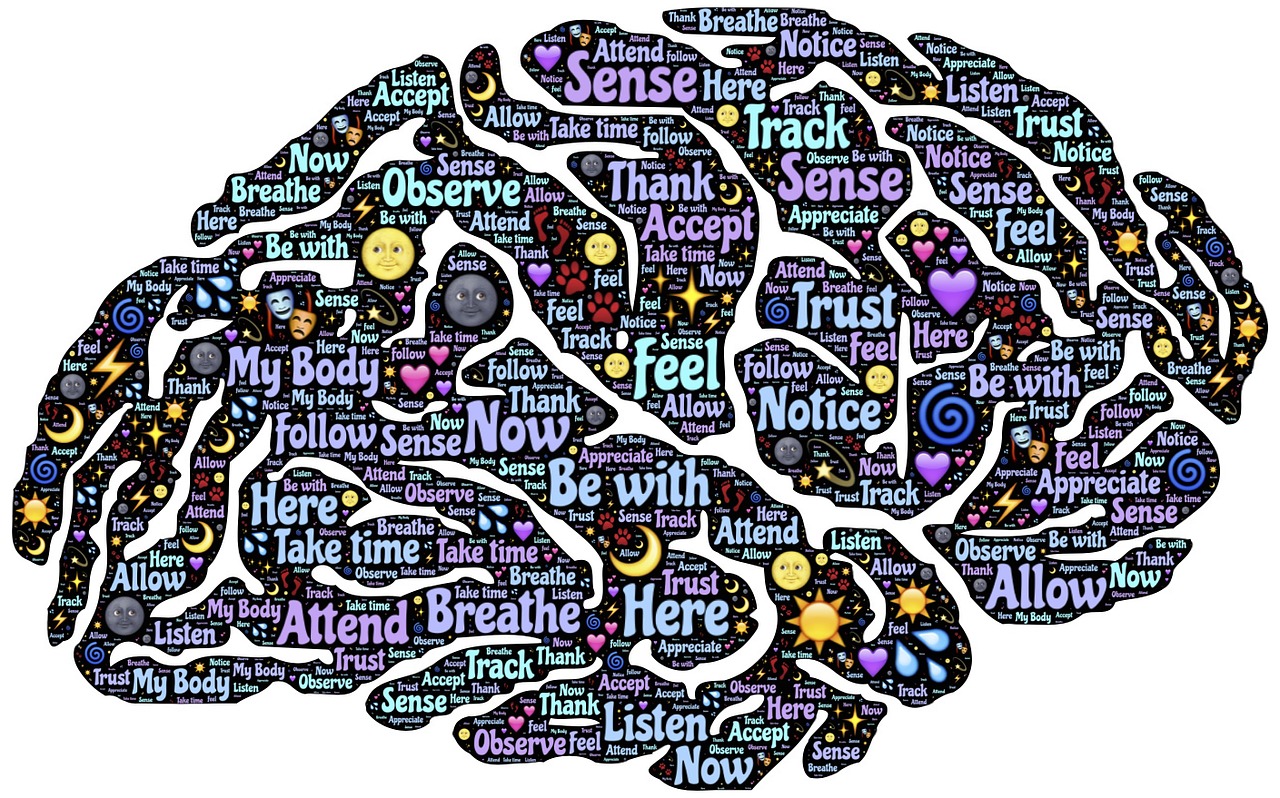
According to experts, this practice is a great option when it comes to reducing stress rates and more.
Although meditation originally came out of Eastern spiritual practices now it is used for therapeutic and relaxation due to the innumerable benefits to both body and mind.
According to experts, meditation is a great option when it comes to reducing our stress indexes, which are increasing more and more due to the increasingly busy pace of the modern world and the daily tasks.
Another reason to practice meditation is that it can improve moods and be an ally to reduce physical pain, anxiety, muscle pain and digestive problems, as well as being a good starting point when it is necessary to clarify thoughts and achieve a state of “full consciousness”.
Currently, meditation is increasingly positioned in the field of classical medicine, where it has even been included as a complementary therapy that has given very good results, as an addition to traditional treatments.
All around the world there are more and more centers offering guided meditations for both beginners and advanced meditators, many of whom mix meditation with techniques such as yoga resulting in in a great combination of improved physical and mental health.

What does science say about how meditation affects the brain?
Meditation prevents your brain from aging
A study by UCLA found that people who practice meditation in the long term, have brains “less old” than people of the same age who do not. Participants who have meditated for more than 20 years have more gray matter volume. “We expected the difference to be minimal,” said Florian Kurth, author of the study, “however, we observed a wide range of effects of meditation in different areas of the entire brain,” he added.
Meditation reduces the “egoistic” activity of the brain
Yale University conducted a study that found that meditation decreases activity in areas of the brain that cause us to question ourselves. Since this type of thoughts is associated, traditionally to a lower happiness, it is the goal of many people to diminish them.
Rivalizes in effectiveness with antidepressants and anxiolytics
Just a few minutes of meditation can reduce stress and lessen the effects of depression. A study conducted by John Hopkins University during 2014 showed that there is a relationship between meditation and the ability to reduce the symptoms of depression, anxiety and pain.
The scientist in charge of the research, Madhav Goyal, discovered that the impact of meditation is similar to that of medications to treat depression. According to him, “after all, meditation is a way of training the brain. Many people have the idea that to meditate is to sit down and do nothing, but that is not true. Meditation is an active training of the mind to increase consciousness. ”
Scientists agree that meditation, while powerful, is not magic: But it is a powerful tool to help manage the symptoms of people with problems.
Meditation could change the volume of key areas of the brain
In 2011, researchers at Harvard University discovered that meditation can effectively change the biological structure of the brain. The study showed that 8 weeks of meditation (one specially designed to reduce stress) could increase the thickness of the hippocampus, responsible for learning and memory. Likewise, there was a tendency to decrease the volume of the amygdala, responsible for fear, anxiety and stress.
A few days of meditation improve concentration and attention
Having problems of concentration and attention is not just a children’s issue; It affects millions of adults around the world. A recent study conducted in Canada showed an interesting, but not surprising, effect of meditation: It considerably increases (by 16%) the concentration capacities in daily life, which generates improvements in the quality of life and an increase in the happiness.
Meditation reduces anxiety (and social phobias)
Many people begin to meditate for its almost immediate benefits in reducing stress. However, in recent years several meditation techniques have been popularized for specific purposes. One is created by Jon Kabat-Zinn of the Mind Development Center at the University of Massachusetts, which helps people reduce their anxiety when faced with social situations outside of their comfort zone. Studies have shown that the effects of an 8-week meditation course can last for years. Stanford University confirmed in 2013 that meditation techniques focused on lowering anxiety levels generated changes in patients’ brains in regions that involve self-care and anxiety resulting from social pressure.
Meditation can help face an addiction
There are several studies that affirm this theory. One of them, carried out by the American Lung Society, showed that meditation is even more effective than smoking cessation programs and, in addition, the duration of its effect is even greater than that of traditional treatments. This may be because meditation helps to uncouple the desire to smoke.
Please let me know in the comments below if you have any great experiences with meditation!



